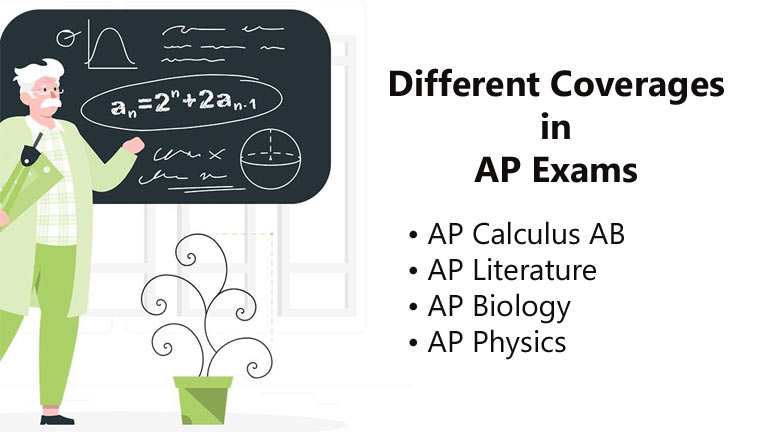
AP courses are challenging, and passing them can give students a boost in their GPAs and their chances of getting into their dream colleges. They also help students develop study skills that are useful in college.
AP Literature and Composition
AP Literature is hard for many students, but it can be worth it. The course immerses you in novels, plays, and poems from various periods. It also stresses literary vocabulary and the structural analysis of written works. This class is a great way to practice for college-level English courses. The AP Literature exam is three hours long and includes an hour-long multiple-choice section with 55 questions, plus two hours of free-response essay writing. The essay consists of three questions, accounting for 55% of your exam score. Students have 40 minutes per essay to write and must provide a detailed, well-supported, and compelling argument based on the reading material.
This section is challenging because the questions are often more complex and in-depth than students have encountered during the year. For example, students may be asked to explain how a particular poem is structured or the meaning behind an image in a work of literature. These questions differ from the course and can be intimidating on test day. The formats of the AP English Language and AP English Literature tests are remarkably similar. Both have a multiple-choice section and a free-response question that asks students to incorporate several sources into one argument. The main difference is that AP Language has a 15-minute reading period before the free-response section, but AP Literature doesn’t.
AP Biology
AP Biology requires students to complete extensive lab work. It is time-consuming and challenging. It also tests students’ ability to read scientific literature, analyze data, and write reports. The AP Biology exam has 60 multiple-choice questions and six free-response questions. The exam lasts for three hours. The AP Biology exam is difficult because of its complexity and the information required to answer the questions correctly. Each year, the College Board changes the exam’s questions. Students across the country pretest the new questions to ensure they are appropriate and challenging for students of all abilities. Additionally, the test designers use a set of previously used questions (called an equating set) to help determine how well new questions will perform on the examination.
Preparing for the AP Biology exam is important by reviewing class notes and textbook chapters, taking practice tests, and studying in time blocks. This method helps students retain the most knowledge. It also makes it easy to identify areas that require more study. The best way to increase your AP score is to study regularly and avoid cramming for the exam. Ideally, students should begin looking for the AP Biology exam midway through the school year. It will allow them to build confidence and get a feel for the exam style before administering it.
AP Calculus AB
AP Calculus AB exams can be difficult to master for many students, but if you are willing to put in the time and effort, it is possible. For this test, you must have a solid grasp of key mathematical ideas and the ability to use those ideas in real-world problem-solving scenarios. To prepare for this exam, look at a few sample questions from past exams and try to understand how the test is structured. It will help you focus your studying on the areas you lack most. Additionally, it’s a good idea to work through AP study guides.
In addition to reviewing practice questions, it is important to pay attention to the details of each problem. A simple mistake such as forgetting units or neglecting the constant C can throw off your answer. Another common error is rounding, leading to many points needing help on free-response questions. A score of 3 or higher will allow you to earn college credit, so studying thoroughly and taking practice exams is essential. Be sure to take a full-length practice test at least once every couple of weeks. It will let you see how your studying is paying off and give you a benchmark to compare your progress.
AP Physics
AP Physics courses are known for being challenging, but they can also be highly gratifying and lead to valuable college credits. As such, students must be committed to learning the course material and taking the exam seriously. The class is designed for something other than spoon-feeding, as the College Board requires students to work through challenging problems independently and solve them using algebraic and numerical skills. The AP Physics C: Mechanics exam covers traditional Newtonian Mechanics, such as linear and angular acceleration, forces, power, work, momentum, circular motion, and gravity. It’s essential to memorize the formulas and equations for these topics cold. Also, a calculator that allows you to input the corresponding variables is helpful.
The AP Physics exam comprises a multiple-choice section and five free-response questions. The free-response area accounts for 50% of the test score and features one experimental design question, one quantitative/qualitative translation question, and three short answer questions. Students are expected to support their answers with thorough explanations, including referring to relevant graphs and explaining connections to physics laws and principles.




